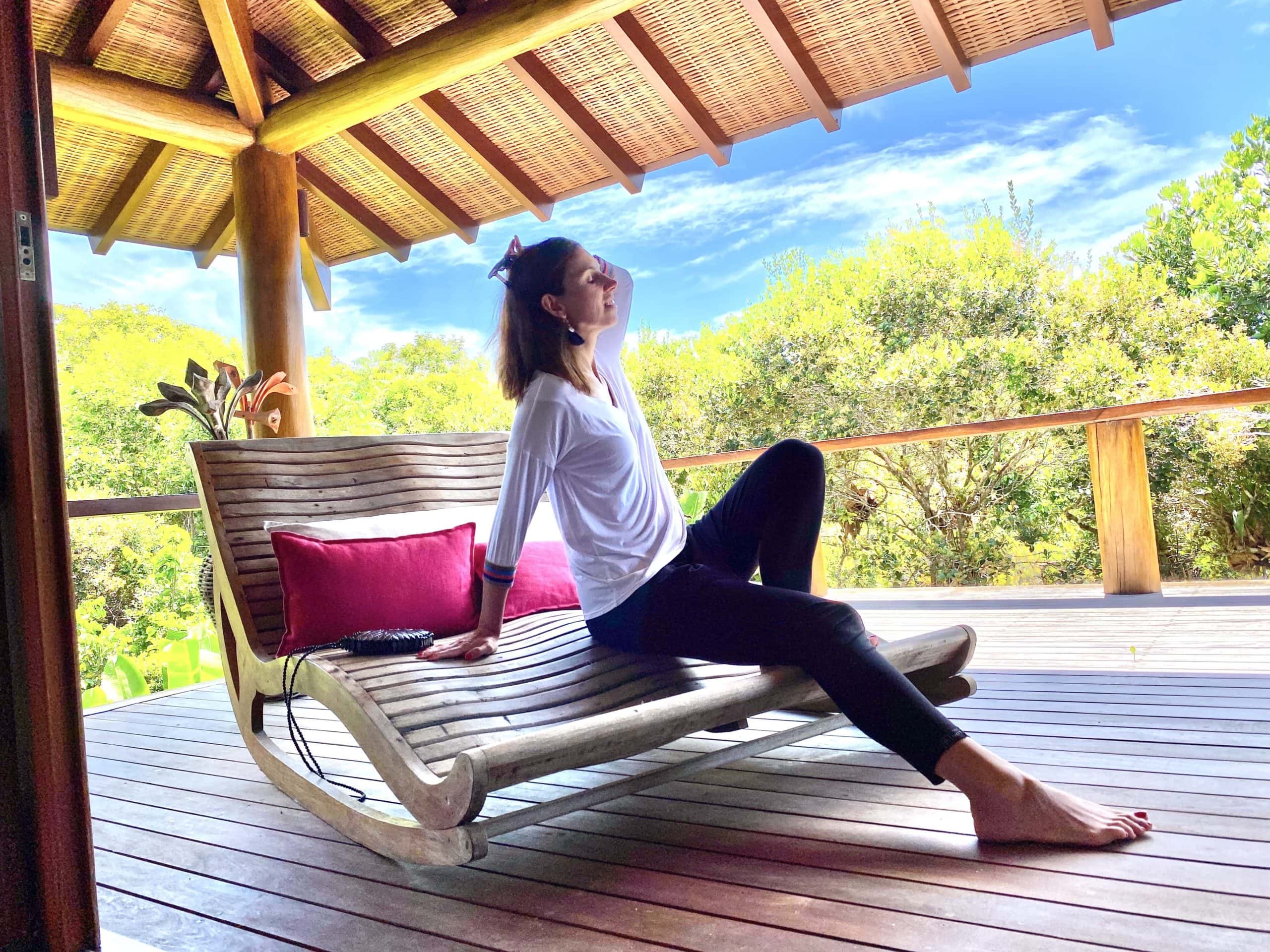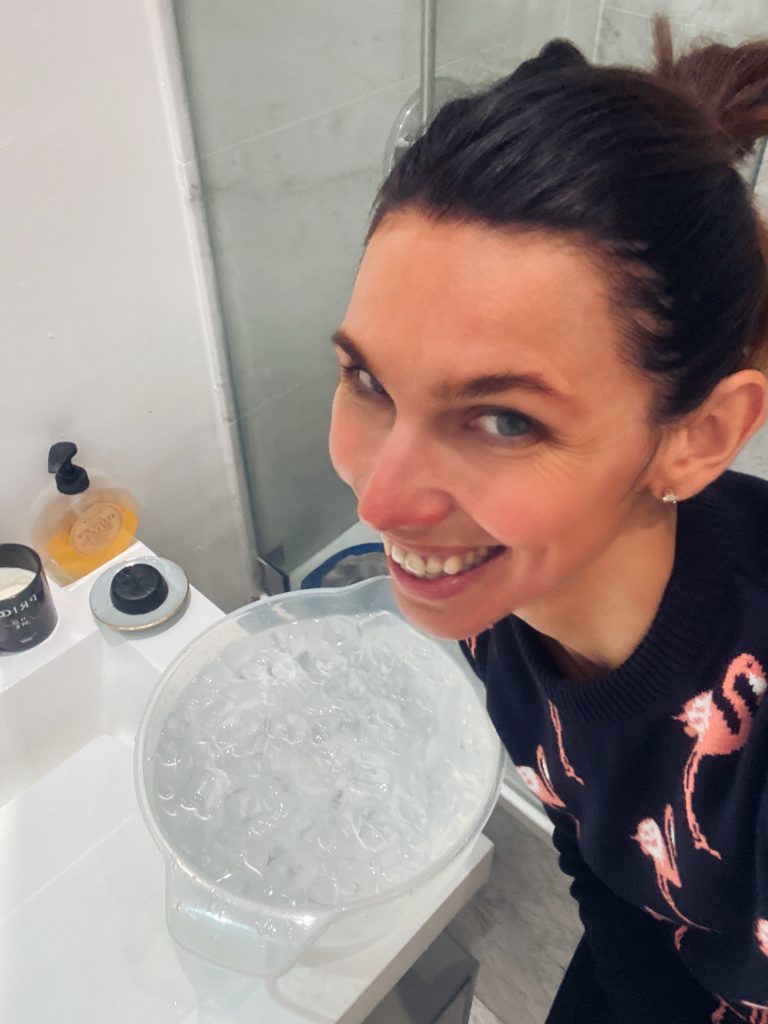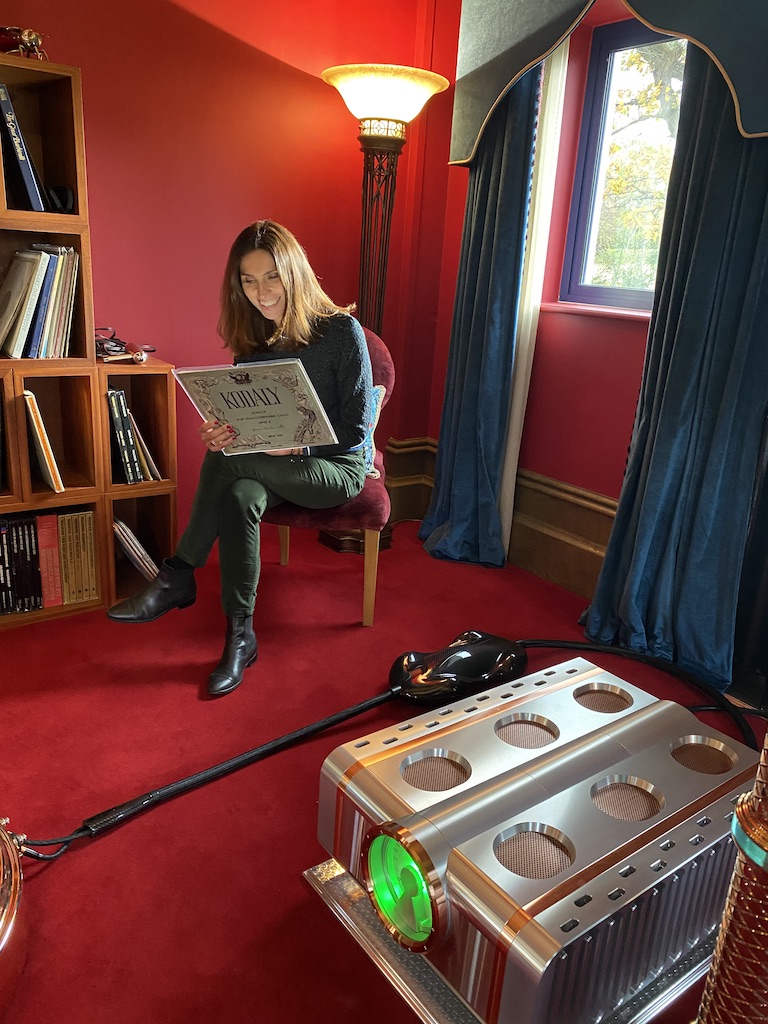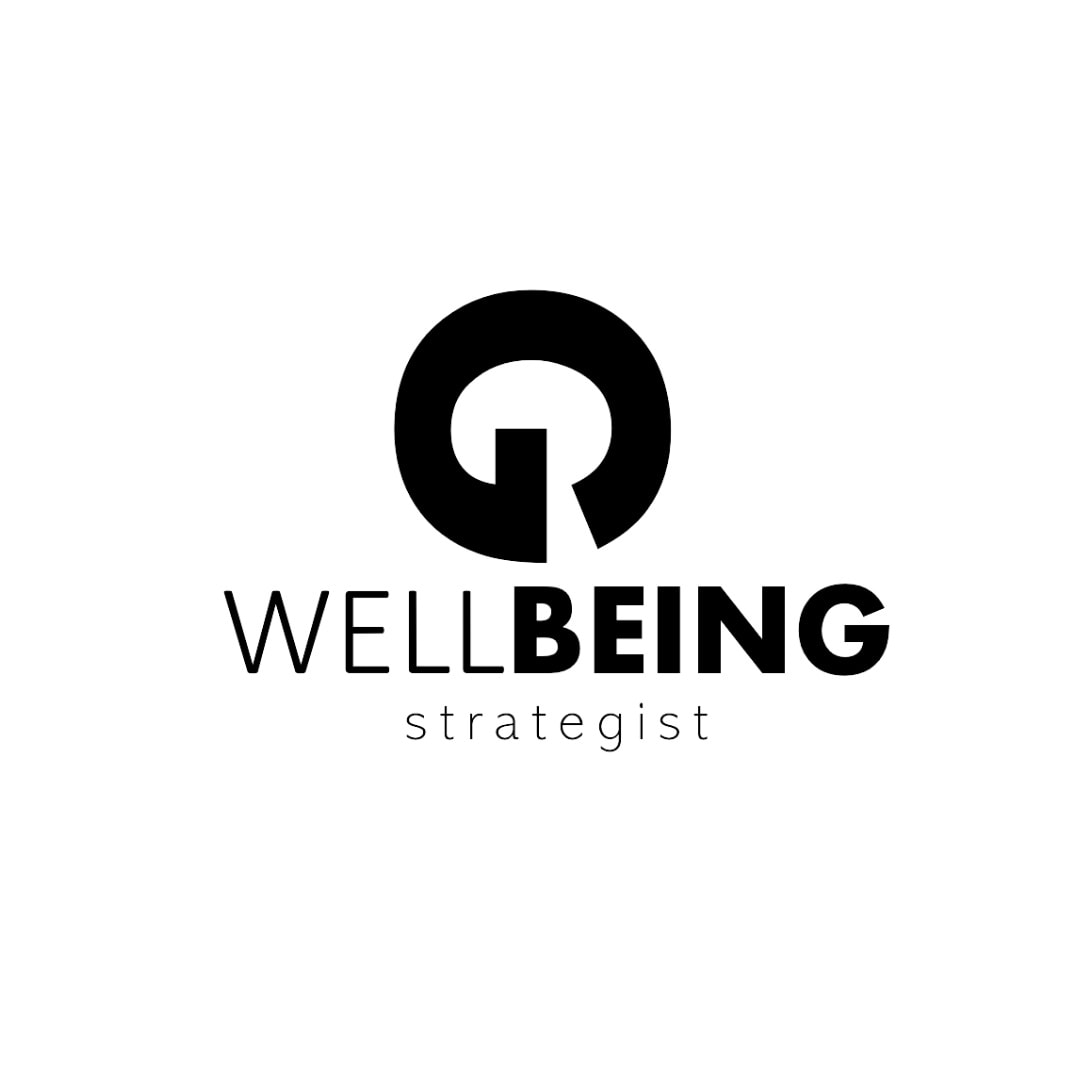My Top 5 Wellbeing Hacks To Support Your Immune System Naturally
From this article you will learn:
- the signs that your immune system needs a boost
- what is an immune system and how it impacts your functioning
- 5 ways I support my immune system naturally
Does your immune system need a boost?
Signs of a weak immune system include frequent cold, infections, digestive problems, delayed wound healing, skin infections, fatigue, organ problem, delayed growth, a blood disorder, and autoimmune diseases. The immune system helps protect the body from harmful pathogens and other environmental risks.
The immune system is what keeps your body from getting sick. Your immune system defends you against external invaders( bacteria, viruses and parasites) and it patrols your body for internal troublemakers such as cancer cells. It regulates your level of tolerance to potential environmental triggers, such as allergens (including pollen, bee stings, grasses, wheat, soy, corn and peanuts). When it’s functioning properly, you don’t get sick, but when you’re stressed out or exposed to germs and viruses, your immune system can become compromised. When your immune system is impaired, it can turn on you and attack and destroy your own healthy tissues by mistake, resulting in an autoimmune disorder. Many autoimmune illnesses are linked with psychiatric issues such as mood disorders, schizophrenia, bipolar disorders, ADHD, ADD, dementia, including Alzheimer’s disease.
“ Whenever the immune system deals successfully with an infection, it emerges from the experience stronger and better able to confront similar threats in the future. Our immune competence develops in combat. If, at the first sign of infection, you always jump in with antibiotics, you do not give the system a chance to test itself and grow stronger. “ – Andrew Weil
Toxins and stress can cause the immune system to function improperly. If your body isn’t healthy, then it won’t be able to fight off illness effectively. The best way to keep your immune system strong is by following a healthy lifestyle and avoiding as many toxins as possible.
How can you support your immune system naturally?
Boosting your immunity naturally comes down to choosing a certain type of lifestyle, as it is built on things you do regularly, the habits you have, and what you choose in your daily life.
The following tips will help you support your immune system naturally:
1.Drink plenty of water
Water helps maintain a proper balance of fluids in the body and also helps detoxify your body by flushing out toxins. Water is the most essential nutrient because it’s required to keep every cell in your body functioning properly. Keep at least 3 litres of water in the house at all times, so it will be readily available when needed. I always place a bottle of water on my desk, so it is easily accessible.
2. Reduce and manage stress level
Reduce stress levels in your life whenever possible by practicing some form of relaxation technique such as meditation or deep breathing exercises. Avoid stress whenever possible; if you can’t avoid it, you need to manage its effects on your body. One of my favourite stress reducing activities apart from yoga, meditation, gong baths are outdoor walks. They give me opportunity to move my body, oxygenate it and listen to audiobooks.
Interested in methods of stress reduction? Read Strategies to relieve stress for leaders.

3.Boost your vitamin D level
Often referred as the “ sunshine vitamin”, vitamin D is actually a hormone that should be called the “ immunity vitamin” thanks to its positive effects on the immune system. It also plays vital role in overall brain health, mood, memory, weight and other important bodily processes.
Low levels of vitamin D have been associated with around 200 conditions, including mental health issues such as depression, autism and psychosis.
The growing number of research supports the possible role of vitamin D in protecting against autoimmune diseases, depression, cognitive function and more.

4. Try cryotherapy- cold therapy
Cryotherapy, which literally means “cold therapy,” is a technique where the body is exposed to extremely cold temperatures for several minutes.
It can be delivered in several ways. Cold showers, ice baths, walking on snow, using cryo chambers or immersing in cold sea or lake are the most common ways of practicing cold therapy.
The list of cold therapy benefits is pretty long and it includes:
Reducing migraine symptoms, helping treat mood disorders, such as depression prevention, reduction of arthritic pain.
Researchers have found that taking icy showers may heighten your immune system and make you more resistant to illness. A clinical trial in the Netherlands found that cold showers led to a 29% reduction in people calling off sick from work. Another study even connected cold showers to improved cancer survival.
Personally I tried cold showers several years ago and they were effective way in elevating depressive moods, more recently I have been taking cold showers daily and ice baths occasionally and they did wonders in supporting my overall functioning and strengthening my immune system. Cryo Facial or an ice face bath is a great way of maintaining a fresh look of your skin, and you can do it at home.
- Collagen stimulation within the deeper layers of skin.
- Smoother, firmer, and more youthful-looking skin.
- Reduction of fine lines and sunspots.
- Reduces redness & puffiness around the eyes.
- Perfect for giving your skin a glowing boost ready for any occasion.

5. Immerse in the sound of music
There is a vast body of evidence demonstrating that music therapy is beneficial both physically and mentally. Music has begun to be taken seriously in healthcare settings as research findings have started to link the beneficial effects of music on stress to a broader impact on health (Haake, 2011).
Music therapy helps the individual to express emotions while producing a state of mental relaxation, and consequently, it can be beneficial in decreasing symptoms of depression and anxiety, while enhancing interpersonal relationships.
Music has been shown to modify heart rate, respiration rate, perspiration, and other autonomic systems (Blood et al., 1999), supporting reports that many people use music to achieve physical and psychological balance. Recent research supports the idea the immune system can be enhanced by music.
Lifestyle choices that reduce stress are thought to be highly protective against diseases, and music may be amongst these whether you put your favorite record at home or head for a live concert.

Get started with these five easy ways to take your health and vitality to the next level. If you want more information check out my website www.wellbeingstrategist.com
Source: The End of Mental Illness, Daniel Amen, MD
Booking&Questions
Want to improve your wellbeing and overall functioning?
Book free discovery call & let’s chat!





